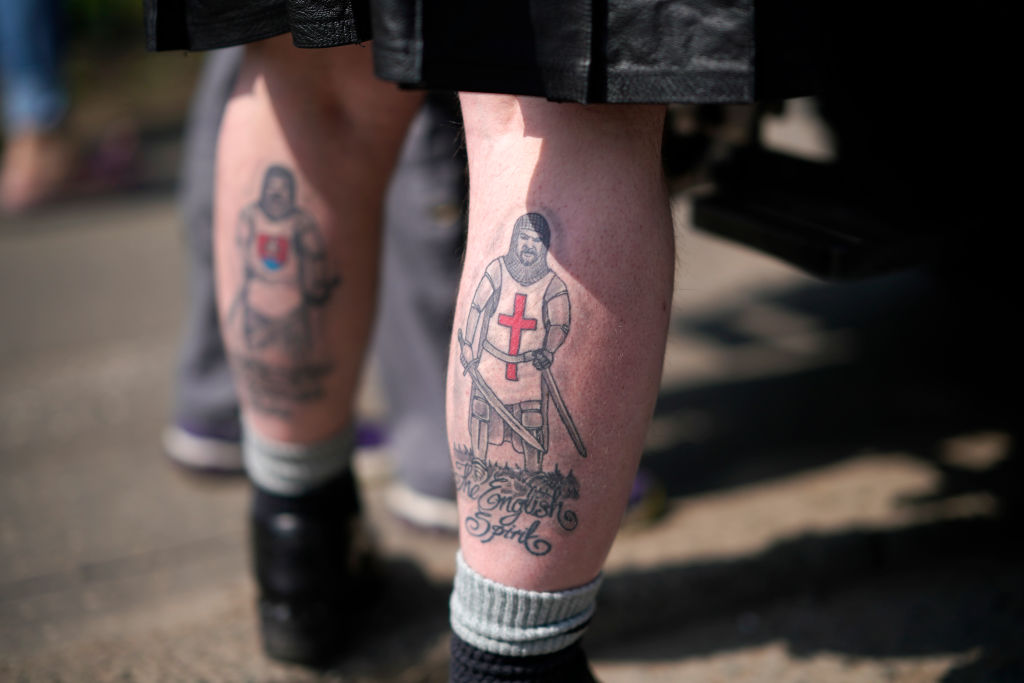You know what day it is? That’s right, St George’s Day, England’s own. Except he’s also patron of Georgia, Portugal, Venice, Malta, Ethiopia, Serbia (one of them) and Lithuania. Plus the Boy Scouts. And I am told, of syphilis sufferers. A happy feast day to you all.
George is that excellent thing, a saint who’s both national and international. He was venerated in England since before the Norman conquest; his feast day on this day was celebrated since 1244. He was popular during the Crusades, being a soldier saint; from 1399 he was venerated as England’s patron saint. And in the century before the Reformation, the day was the occasion for civic pageantry; a sort of trooping the colour.
No matter, of course, that he’s not actually English: St Patrick is British; St Andrew, Jewish. Only St David is actually local. And St George, by most accounts, was from Cappadocia, Turkey.
The stories are fabulous: not just the dragon bit, though that’s pretty good – look up the version in the collection of saint stories that’s called the Golden Legend, where, after St George sees to the dragon, the princess leads him on a lead ‘like a little dog on a leash’. His martyrdom, during the reign of Diocletian, when Christians were indeed persecuted, was a lively affair, at one point involving him being plunged into boiling lead, though after making the sign of the cross, he ‘settled down as though he were in a refreshing bath’.
The obvious point about St George’s Day as an English thing is, there’s nothing scary about patriotism; a national day with its flags is a positive thing, celebrating ideals that are essentially good ones: courage and chivalry. Boris Johnson, when he was London mayor, was all for celebrating the day, on the grounds it had been neglected for too long. Jeremy Corbyn wanted to make it a public holiday for the whole of Britain, rather a good idea, along with that of the other national saints. St Patrick’s Day celebrations are just too overdone and transatlantic to be a good role model, and I say that as one who sported a tricolour headband on the day as a child.
Englishness has famously been sublimated in Britishness for political reasons; we talk quite a lot about British values, rarely about English ones. In fact, I know very few English people who describe themselves as English rather than as Brits. It’s Britain on which we project all those contemporary values of inclusiveness, egalitarianism and tolerance that are esteemed in discourse now.
But Britishness isn’t enough. Today is a day when the English can legitimately emerge from the British carapace and lay claim – perhaps with pageants, though not right now, obviously – to an identity of their own. And yes, one that features a Christian component. And really, if you’re trying to do that in an inclusive and non-threatening way, St George, patron of umpteen other nations plus the boy scouts and the syphilitics, whose flag has graced England matches since 1996, is a good way to go. Happy day.







Comments